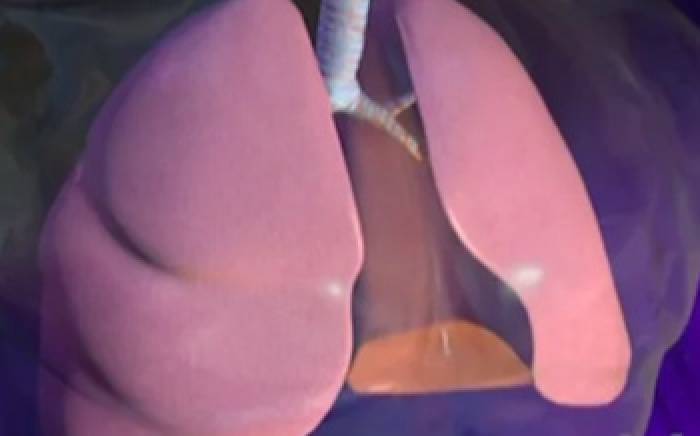Could that sniffle be allergies? Respiratory allergies tend to last for a long time. It’s as if your child’s cold just won’t go away. While any child can become allergic, allergies are usually inherited from a child’s parents. Allergies are the most common chronic diseases in children.
Depending on where you live, spring can kick off seasonal allergies thanks to common allergens like tree pollens, and grasses and weeds. Or your child could suffer from year round allergies from indoor allergens, such as dust mites, pets, second-hand smoke and molds.
Untreated allergies can make life miserable for children and affect their ability to concentrate and perform in school.
The Miserable Symptoms
Respiratory allergies cause a variety of symptoms depending on the child. Some get skin rashes, some develop asthma and some get what’s commonly called hay fever, or allergic rhinitis.
Hay fever is the most common of all allergy problems, causing runny nose, sneezing, nasal congestion and itchy, watery and red eyes. Allergies can also cause dark circles under the eyes called allergic “shiners.” Sometimes, chronic ear problems can also be blamed on allergies.
Allergies’ Surprising Effects on Teeth and Speech
Surprisingly, allergies left untreated can cause long-term problems as children grow. When a child’s nose is congested, he or she may start breathing through the mouth more, which forces air currents into the mouth. The forced air changes the way the soft bones of the face grow so that it becomes abnormally long. The chain reaction is that then the teeth may come in at an abnormal angle and create an overbite — which leads to the need for braces or other dental treatment. Early treatment to alleviate nasal congestion may prevent these issues.
Allergies can also result in poor speech development due to inflammation and fluid accumulation in the ear. This in turn can cause ear infections and decreased hearing during the critical time when a child is learning to talk. Allergies also can cause earaches, ear itching, popping and fullness.
Ways to Reduce Exposure to Triggers
It’s difficult to completely avoid allergy triggers, especially with seasonal allergies. While you can’t keep your children inside all season, you can take some steps to reduce their exposure to allergy triggers:
- Keep car and home windows closed during pollen season.
- Limit outdoor activities when pollen counts are the highest.
- Use the dryer or hang clothes inside, not outside, to dry
- Children should take a bath at bedtime every night to wash off allergens and reduce nighttime allergy problems.
- Wash bedding once a week in hot water.
- Dust and vacuum at least once weekly.
Seek the Best Treatment Options
If you think your child has allergies, talk to your pediatrician. You may be referred to an allergy specialist or offered medication options.
In general, over-the-counter (OTC) allergy medicines shouldn’t be used on a routine basis because they can make your child tired and listless. There are a few non-sedating OTC medicines now available, but talk to your pediatrician before using these regularly.
Prescription steroid nasal sprays are often used in children, especially younger ones. Older children may take prescription allergy medicines similar to adult medications. If allergy medications don’t seem to help, the next step is usually to find out what your child is allergic to. Allergy shots may be necessary, since some allergies can progress to asthma.










